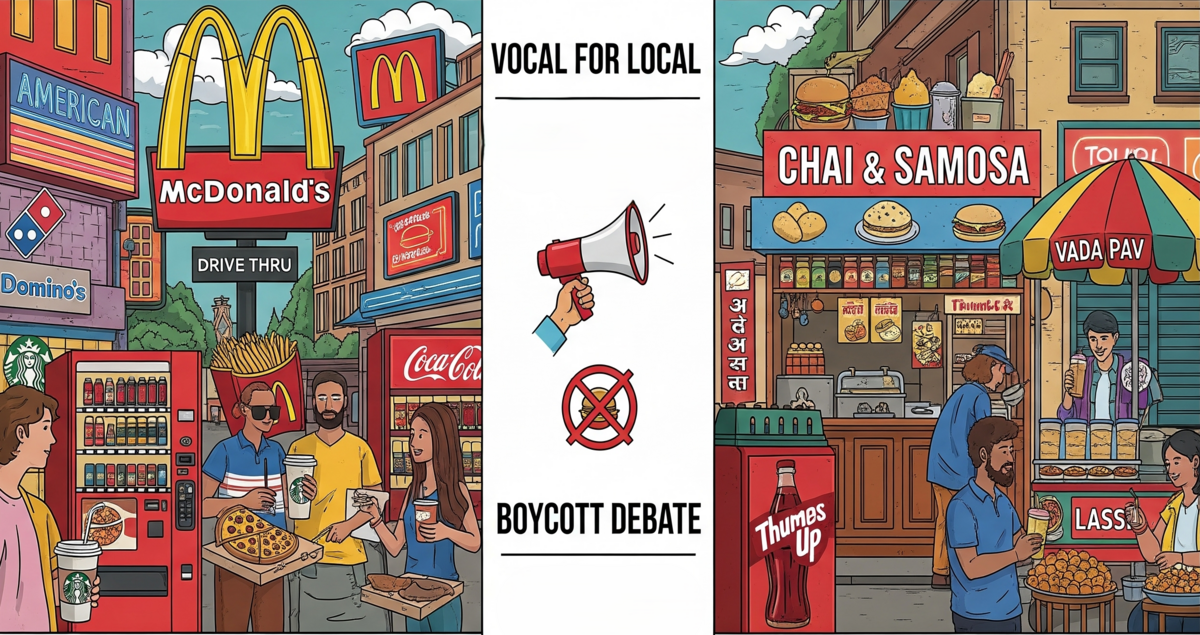Visakhapatnam Divided Over Calls to Boycott American Brands
Calls to boycott American brands like Pepsi, Coca-Cola, McDonald’s, KFC, and Subway have sparked debate in the city. The boycott comes after US President Donald Trump imposed tariffs on Indian goods. Yoga guru Ramdev has urged Indians to avoid these brands, warning that united action could impact the US economy. He cited similar campaigns in countries such as France, the UK, and Canada.
Experts say India’s huge population gives such boycotts real economic weight. “Even if a fraction of India’s population stopped buying these products, it would affect revenues,” said Dr. Raghav Menon, economist at the Centre for Trade and Development. “But changing consumer habits is difficult without government support.”
Reactions in Visakhapatnam are mixed. Priya Reddy, a software professional, said, “I understand the idea, but I can’t completely avoid these brands. They are part of daily life, and alternatives aren’t always easy to find.” College student Arun Kumar said, “If it’s about protecting Indian interests, we should try to buy local. I’ve already started avoiding some foreign brands when I can.”
The debate also shines a light on the Swadeshi movement and Prime Minister Narendra Modi’s “vocal for local” initiative. Modi has urged citizens to choose Indian-made products as part of the country’s aim to become the world’s third-largest economy.
Analysts warn that voluntary boycotts may not make much impact. “Many foreign food chains run through Indian-owned franchises,” said Neha Sharma, retail market analyst. “Targeting the brands could end up hurting Indian entrepreneurs.”
Some critics point to a business angle in Ramdev’s appeal. “Promoting Swadeshi products is good, but this could also boost Patanjali sales,” Sharma said.
Ravi Teja, a local shopkeeper, added, “I support buying local when possible, but most people here enjoy these international brands. A full boycott seems unlikely.”
The debate in Visakhapatnam shows how tricky it is to promote a modern Swadeshi movement in a global market, where consumer choices, business interests, and political messaging all intersect.



